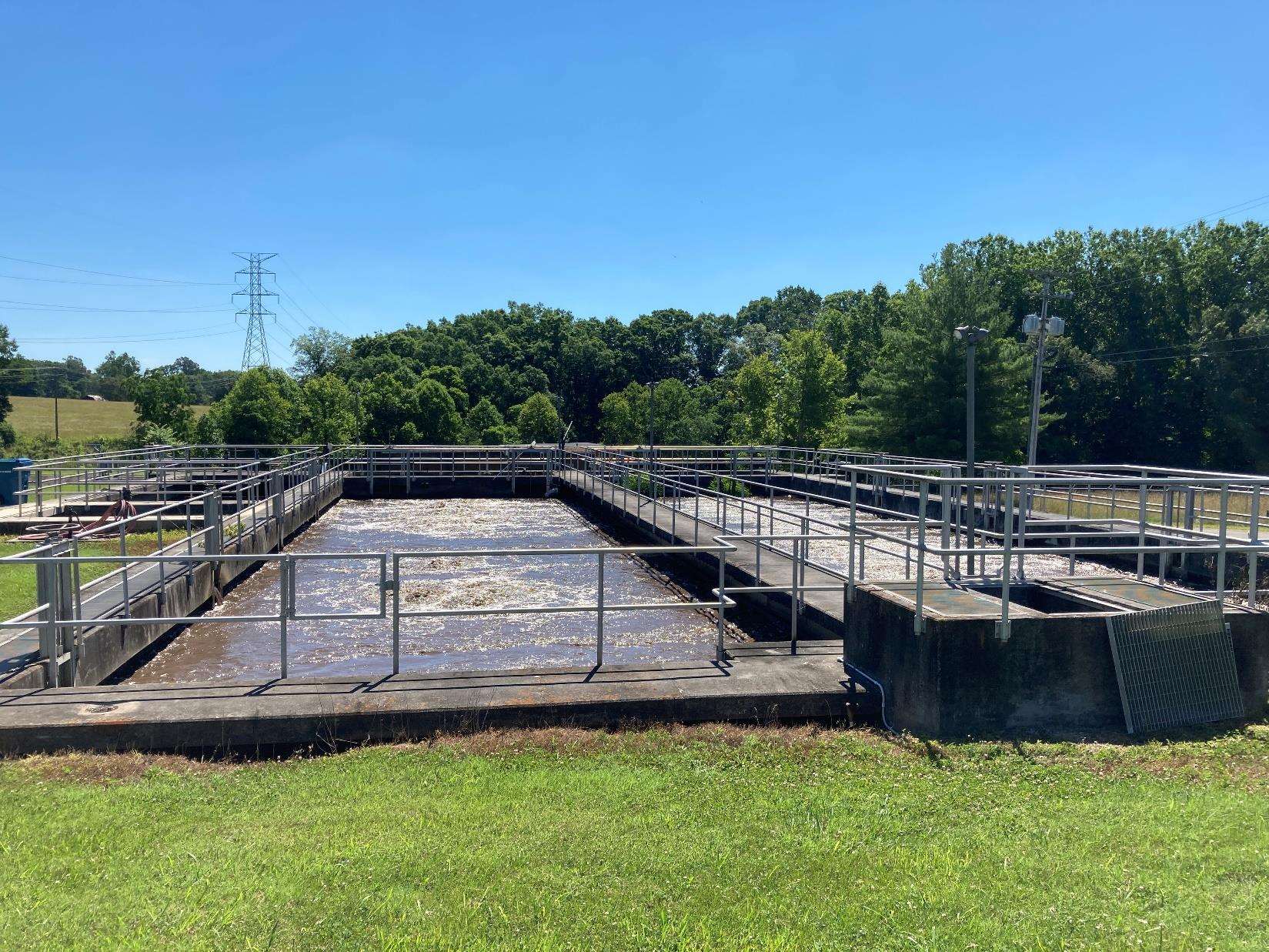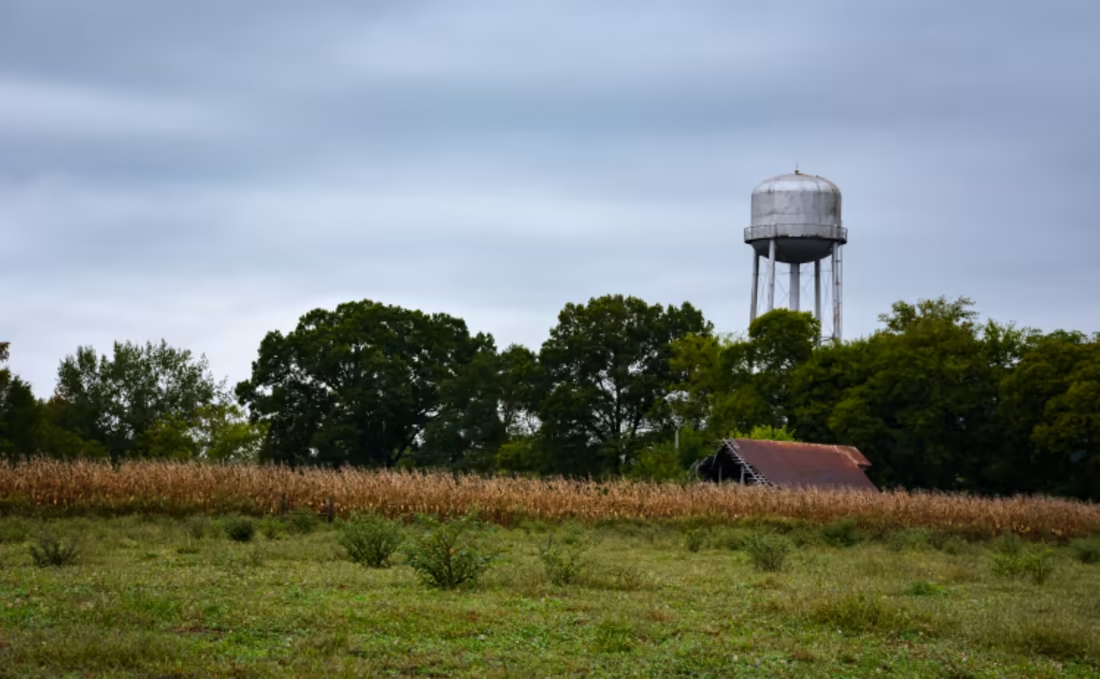All communities deserve access to clean, reliable water; however, many communities face challenges with replacing aging infrastructure, funding, planning, and compliance with regulations, as well as in providing safe drinking water, wastewater, and stormwater services to their residents. The Great Lakes Environmental Infrastructure Center (GLEIC) provides no-cost technical assistance to help small, tribal, and rural water and wastewater systems in communities throughout EPA region 5 with a population of less than 10,000 to build technical, managerial, and financial capacity. In addition, we partner with the Environmental Finance Center Network to ensure that each community has the benefit of accessing expert knowledge within this nationwide network. We work closely with each community to help them gain a greater understanding of utility infrastructure needs and to engage in strategic planning toward sustainable operations for the future. The technical assistance services we provide can help in the following ways:
Technical
- Operations and maintenance practices and evaluation
- Standard Operating Procedure development
- Trouble-shooting operational problems
- Compliance assistance
- Disinfection profiles
- Energy efficiency
Managerial
- Asset management plan development
- Capital Improvement Planning
- Lead service line inventories
- Effective Utility Management
- Policies and bylaws
- Board training
Financial
- Identification of grant and loan sources for infrastructure improvement
- Applications for federal funding
- Rate development and analysis
- Analysis of financial standing
- Affordability analysis
To request technical assistance, you can contact us in the following ways:
- Complete the technical assistance request form
- Contact us by email: gleic-support@mtu.edu
- Contact us by phone: (906) 487-2102
Technical Assistance Case Studies
Case Study 1: Wastewater Treatment Facility

Photo credit: USDA. https://www.usda.gov/media/blog/2022/04/19/safe-water-rural-america-creates-economic-prosperity-all
During 2023 and continuing into 2024, our center has been providing technical assistance services to a wastewater treatment facility in Northern Michigan. This utility requested assistance to gain insight into solving problems and optimizing utility planning.
Technical Assistance Snapshot
Client: Wastewater Treatment Facility in Northern Michigan. This utility is located in a small, rural community and serves local wastewater collection and treatment needs, and in addition provides wastewater services to two large institutional customers.
Technical Assistance Services Provided:
- Developed an engineering cost-benefit model to assess best use of biogas in the plant
- Conducted research and provided operational guidance to help with compliance problems due to effluent toxicity.
- Assisted with optimization of the asset management plan for improved prioritization, data collection, and related compliance reporting procedures.
- Helped to align the asset management and capital improvement plan with budget line items.
Impact of Technical Services Provided
- The engineering cost-benefit model involved peer-reviewed research and energy calculations that will help improve operational efficiency of the plant and will also help the utility board make informed decisions about infrastructure investments in the future.
- Operational guidance provided operational and treatment options that can help reduce effluent toxicity and improve compliance with NPDES permit regulations.
- Work performed to optimize the asset management planning and budgeting process will facilitate prioritization of infrastructure projects, improve communication between operations staff and board members and satisfy reporting requirements of the primacy agency.
Case Study 2: Rural Township in Central Illinois

Photo credit: NCSL -National Conference of State Legislatures. https://www.ncsl.org/environment-and-natural-resources/state-policy-options-for-small-and-rural-water-systems
During 2022 and continuing into 2024 our center has been providing periodical technical assistance services to a rural township in Illinois. This township was once a thriving community with its own schools and multiple employment opportunities, however aging and insufficient infrastructure has led to the closing of the school and the migration of businesses to other locations. This utility requested assistance to gain insight into gaining access to federal infrastructure funding and to improve financial and managerial capacity.
Technical Assistance Snapshot
Client: A small rural township in Central Illinois with an 80%+ minority population and declining economy. This community has a history of being underserved and the township board had limited knowledge about accessing grant and loan services that may be available to improve their water and wastewater infrastructure.
Technical Assistance Services Provided
- Analyzed financial standing by reviewing financial statements.
- Performed a rate study and suggested rate adjustments necessary to qualify for federal funding.
- Connected community with funding agencies.
- Created an asset management plan.
- Provided managerial resources to the board including sample ordinances and contracts.
Impact of Technical Services Provided
- Analysis of rates and financial standing have helped the township board to improve their understanding of rate-setting, financial requirements to quality for funding, and financial management practices in general. Since this assistance was provided, the board has begun implementing new checks and balances and conducting more in-depth oversight of financial transactions.
- The development of an asset management plan has helped the township board to understand the need for reserve funds to repair and replace assets as they reach their expected life.
- Assistance with policies helped to guide the board as they hired a contract operator.
- The Township has achieved some level of success in obtaining federal infrastructure funding in partnership with a local village located within the jurisdiction, however more help will be needed to help this township build the necessary TMF capacity.